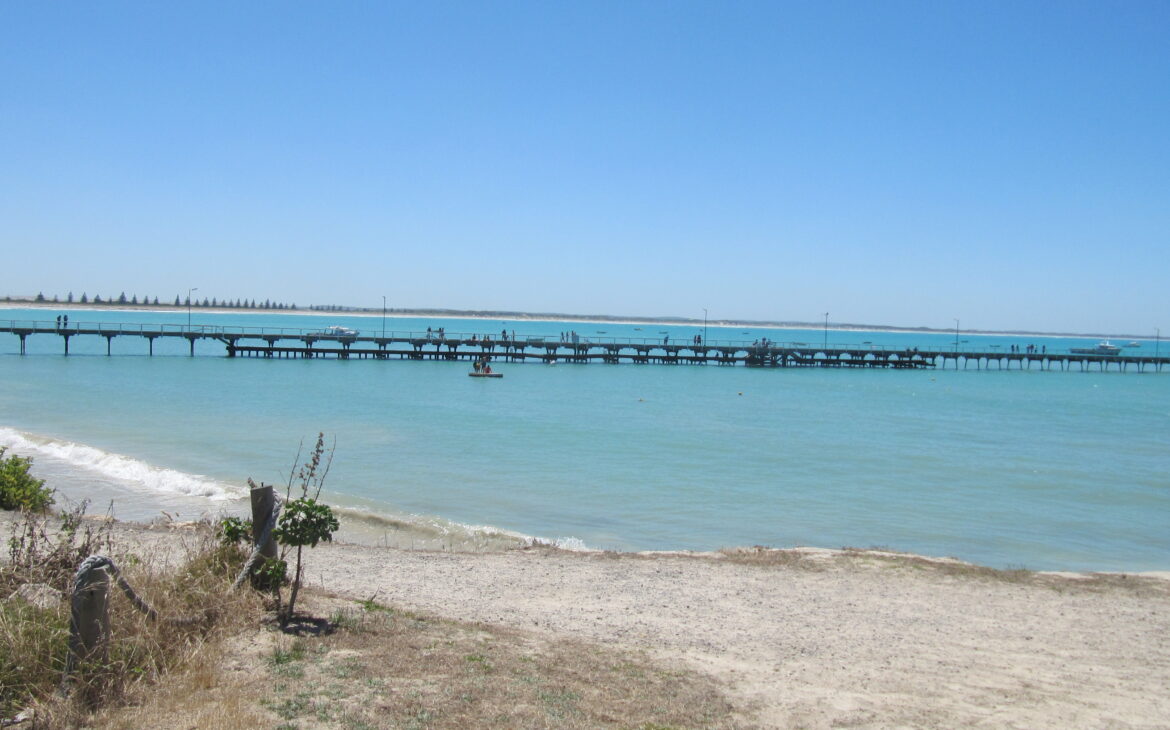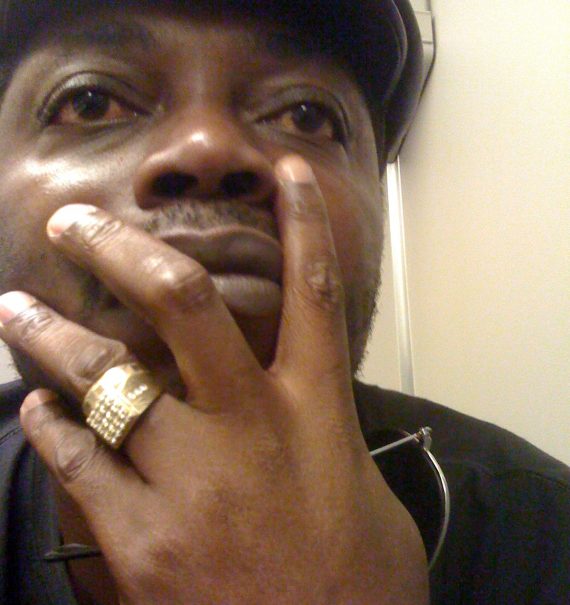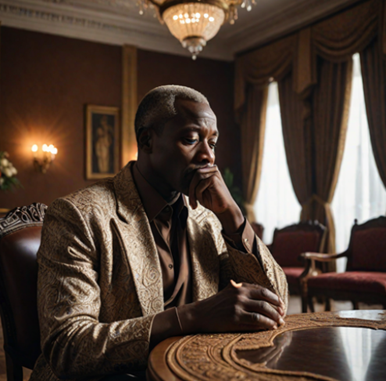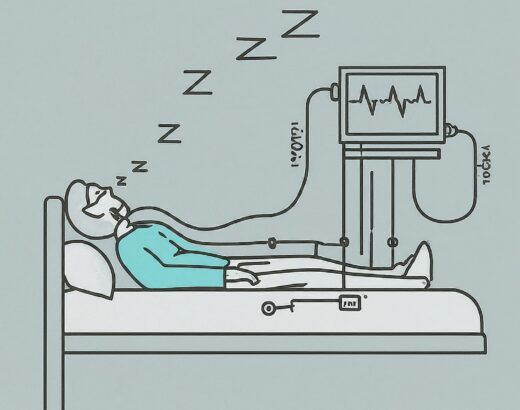Lying At Bethesda

At the place of kindness in Old Jerusalem, Bethesda, was a pool. Here lay a man, who for 38 years, was afflicted with paralysis.
For 38 years, he had coped with the challenges of everyday living arising from his condition – movement was ardous and slow. Some time, within those 38 years, he looked at his past, his present and future and concluded that a solution to his paralysis was necessary if he were to live a meaningful life. We weren’t told of the options he had considered but we know he ended up taking a spot at the place of kindness. What made the pool at Bethesda special was that the waters of the pool get stirred by an Angel but the efficacy of this renewal was just for only one individual, the one that gets in the water first thereafter, to be made whole.
He was focused, determined and was aware of the times and seasons. He wanted no handouts, no pity, nothing else but healing. But, he was not alone. Around that pool at Bethesda were many others with different life issues ailing them. There could have been other paralytics as well but these other competitors for the kindness that gives healing were not hindered in their ability to move. This much was revealed in his statement of self pity “while I am going, another steps down before me.”
Why he persevered and kept hope alive is beyond understanding as one should ask, ‘ realising his inability and the superior prowess of the others, what was he still doing by the pool?’ Jesus saw him and knew his story, understood his needs but still went ahead to ask him first “Do you want to be healed?”
The question could be considered unnecessary since Jesus already knew but in asking, he established communication with the man so that the work of miracle he was about to do could be meaningful and enduring. Yes, I want to be healed was all he should have said but he has had it and would like this stranger standing before him to know that his being by the pool was not for a fluke. He answered “Sir, I have no one to put me into the pool when the water is stirred up, and while I am going another steps down before me.”
One can say he expressed the hopelessness of his situation. In popular palace, many would be right to regard him a fool, afterall doing the same thing, in the same way, over and over again expecting a different outcome is what foolishness means. One should then ask why was he the one that Jesus directed his question to? As we did agree, there were others of his ilk lying there, at Bethesda, so why not others or why not to everyone of them?
There probably is no better answer than saying that the man’s resoluteness in a hopeless situation must have been known to the Saviour who then decided it was time to make a way where there was no way for the paralyzed man. In essence, the same thing that others had termed foolish was the one thing that brought mercy to him .
Could we also then say, Mercy is not for everyone? Afterall Jesus did not heal any other invalid at that pool on that day? Also, remember, the refreshing of the pool by the Angel was just that only one invalid, the one that gets in first, be healed, not everyone. Well, the Lord himself answered this question when he said to Moses “I will be gracious to whom I will be gracious, and will show mercy on whom I will show mercy”. Here was a man in need, he did not cry out like the two blind men in Jericho did, saying “Lord, have mercy on us, Son of David!” He did not get on a treetop like Zaccheous before Christ’s mercy found him. He did not follow Jesus around, hoping to touch the helm of his garment as the woman, up north in the region of Galilee, with the issue of blood did.
How do these pertain to us? Well, there is one lesson that we need to walk away with – mercy is only of God, it is not by any work that we do. It is God that dispenses mercy as he finds suitable. Why he does so and the yardstick he uses in doing so, we do not know. Not even the foremost Apostle, Paul, knows as he simply concludes that the potter has a right of what to make from a lump of clay – a vessel to honour or dishonour.











